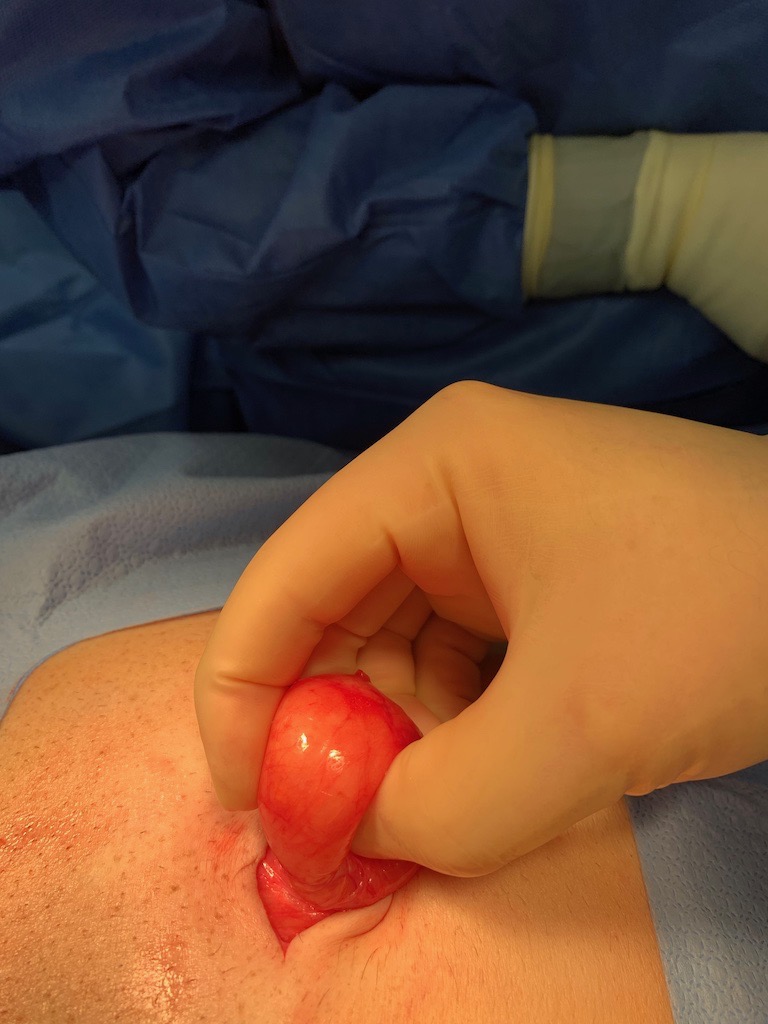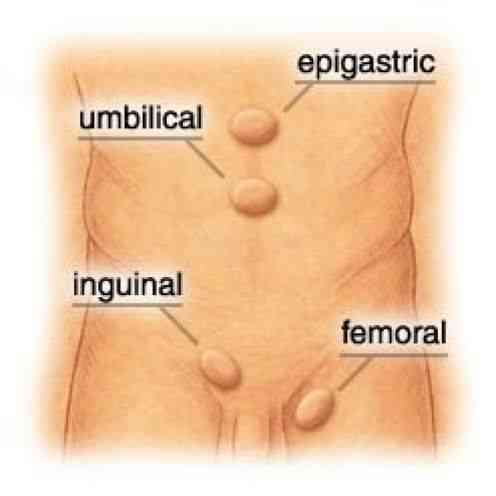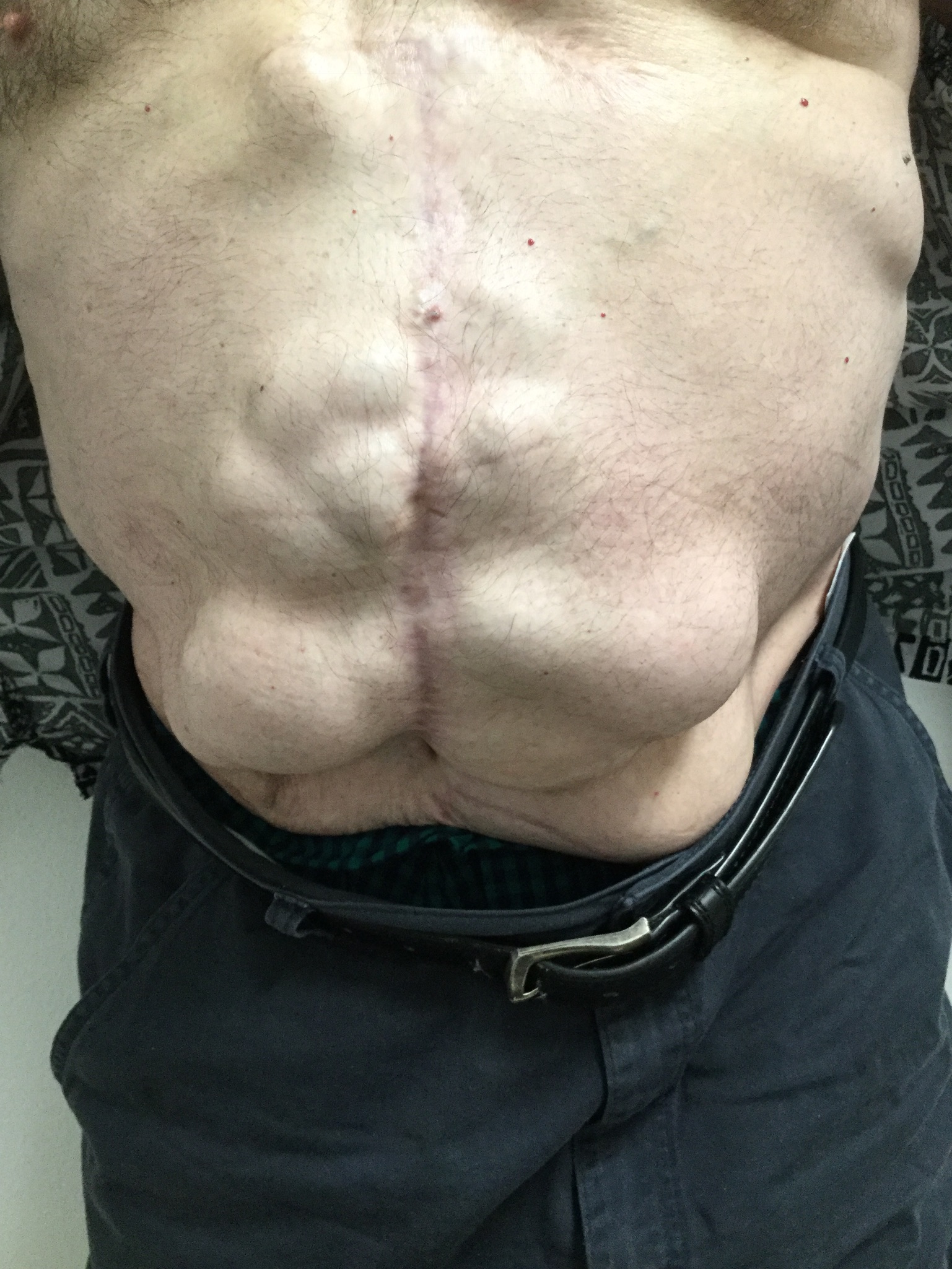What is a Hernia?
A hernia is a relatively common condition that can affect the young, the elderly, men, and women. Hernias are estimated to effect approximately five percent of the population at any given time in their lives.
A hernia is a hole in the muscular wall of the abdomen. This often occurs in areas of previous surgical scars, the umbilicus, or in the groin area.
Why We Fix Hernias
Pain or DiscomfortLarge Hernias which may be at a higher risk of complicationsIncarceration (the contents of the hernia become trapped inside the wall of the hernia)Strangulation (the contents of the hernia lose their blood supply due to prolonged incarceration)Surgery is the only means of hernia repair.
Most hernia surgery can be performed on an outpatient basis.
Hernia repair surgery can be performed with many different techniques. Hernias can be repaired through an open incision or through less than one inch incisions with robotic or laparoscopic techniques.
Dr. Yunis has over 30 years of experience in the entire range of conventional and minimally invasive surgical
techniques available for hernia repair.
How Hernias Develop
The reasons why we develop hernias are often genetic and at times related to physical activity. Most people that have developed hernias describe a bulge. Some complain of pain and many experience no symptoms. The bulge that is often associated with a hernia is actually some contents from inside the abdomen protruding through the hernia defect.
Incarceration
In some circumstances, the intestine or omentum (normal internal fat) can become trapped in the hernia defect.
Strangulation
In a small percentage of people that develop an incarcerated hernia, the intestine or omentum can lose circulation due to excessive pressure created by a tight fit within the hernia. Strangulation is an emergency because of the potential for loss of viability of the intestine or other hernia contents.
Natural History
The natural history of the evolution of an individual hernia is unpredictable. They never resolve on their own or get smaller. Some individuals live with their hernia for decades without any problems. Many people describe a long history of a painless hernia and some experience symptoms and emergencies even in cases of a newly diagnosed hernia.

Types of Hernias

Inguinal Hernia – This is the most common type of hernia and occurs in the groin. It often presents after sudden heavy lifting or coughing or straining. One may notice a burning sensation or pressure in the groin associated with a bulge.
Femoral Hernia – This bulge occurs low in the groin and is more common in females.
Umbilical Hernia – This is a defect that occurs through the belly button or umbilicus.
Ventral Incisional Hernia – This presents as a bulge with or without discomfort in an area of a scar from a previous abdominal operation.
Epigastric Hernia – This usually presents as a small painful bulge in the midline between the umbilicus and the chest.
All of these hernias can cause discomfort or pain. They often get larger over time and all may incarcerate or strangulate.
Reduction of post-surgical pain, quick recovery and prevention of recurrence are the highest priorities for Dr. Yunis.
At the Center for Hernia Repair, we specialize in a variety of
hernia repair techniques and prioritize patient comfort and satisfaction.
Dr. Yunis relies on his 30 years of experience and expertise to offer his patients customized treatment plans that suit their needs.
Hernia FAQs
What are the first signs of a hernia?
Swelling under the skin in the abdomen or groinA burning sensation at the swelling siteDiscomfort in the abdomen or groin when bending over or lifting objectsWhat causes a hernia?
Hernias in the groin and umbilical region are usually caused by a genetic predisposition to the condition. Lifting heavy objects can precipitate the initial presentation and appearance of a hernia.
Hernias under scars from previous abdominal surgery are related to the initial surgery. The risks of this are exacerbated by surgeries complicated by wound healing problems or infection.
Do hernias go away on their own?
No. Although you may be able to delay surgical repair of a hernia, it will not resolve on its own. The natural history of a hernia left untreated is variable in terms of the progression of enlargement - but they will not go away without treatment.
Can a hernia change bowel movements?
While there are many causes of constipation, an abdominal hernia often causes symptoms of constipation and difficulty having bowel movements.
Does coffee irritate a hernia?
Coffee does not actually irritate the actual hernia. Some people with a hernia may experience symptoms from consuming coffee.
What should I not drink with a hernia?
There are no specific drinks to avoid while living with a hernia. Certainly, if something causes adverse symptoms then it should be avoided.




